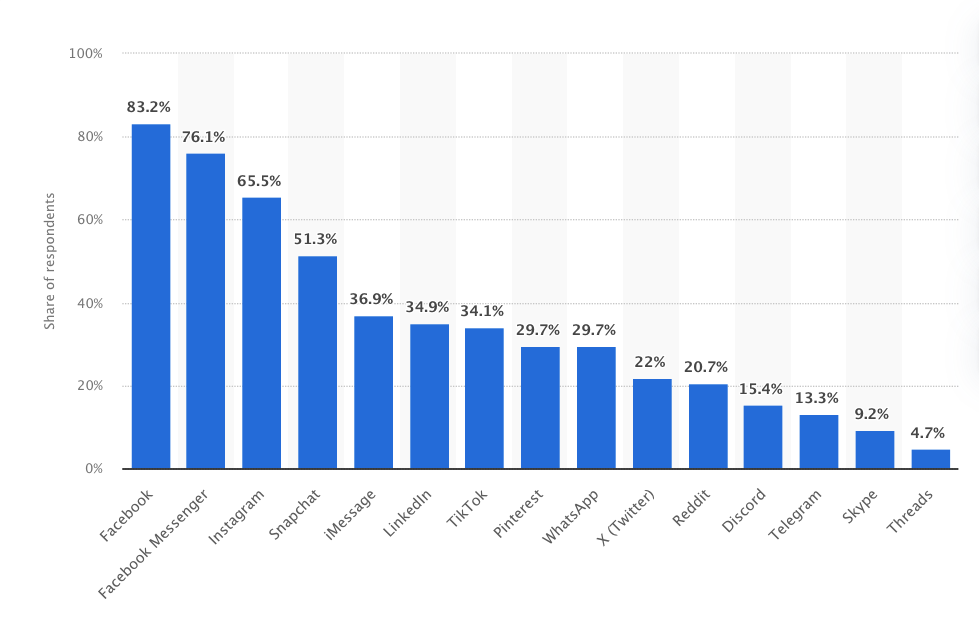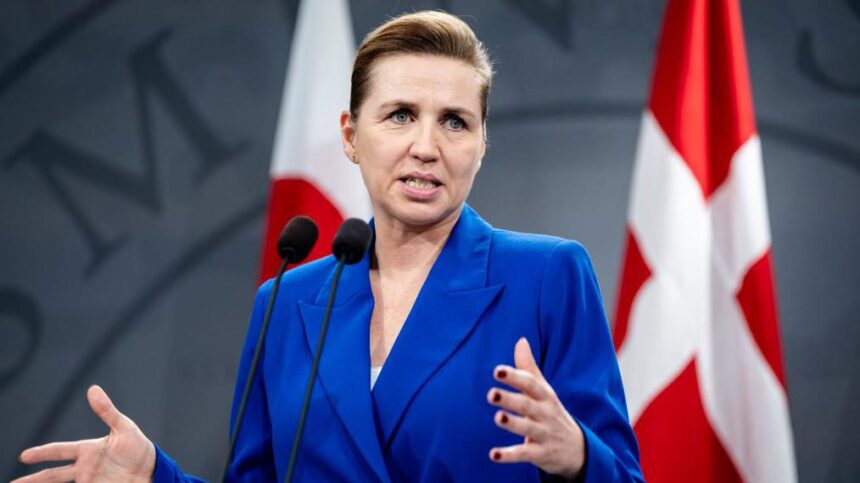Denmark is taking a strong stance against youth social media addiction. Prime Minister Mette Frederiksen announced that her government plans to ban social media access for users under 15. She described the platforms as “stealing our children’s childhood.”
What’s Happening & Why This Matters
During her address to the Danish parliament, Frederiksen noted that mobile phones were introduced into children’s lives for good reasons — safety and communication. However, she said the technology has spiralled beyond control. She told lawmakers, “We have unleashed a monster,” referring to the sharp rise in anxiety, depression, and attention disorders among young people.

Parents would still have the option to grant social media access to their children starting at age 13, aligning with European Union rules that set 13 as the minimum age to create accounts. However, data shows that 94% of Danish children already access social media before that age. This sparks national concern over mental health, online exposure, and lost social connections.
Frederiksen’s proposal follows Denmark’s recent decision to ban mobile phones in primary schools and after-school programs. This move was backed by a government wellbeing commission formed in 2023. “Mobile phones and social media are stealing our children’s childhood,” she said. “It’s time to take better care of them here in Denmark.”
The prime minister’s comments also touch on worrying social statistics. According to her office, 60% of Danish boys aged 11 to 19 don’t meet a single friend in person during their free time each week. While the source was not specified, the sentiment amplifies rising Danish anxiety about technology’s impact on youth behaviour and interpersonal skills.
Frederiksen’s call to action mirrors a global movement to limit children’s digital exposure. Australia passed a world-first law in 2024 banning social media for users under 16. The law threatens tech companies with fines up to $33 million (AUD 50 million) if they fail to block underage access. Norway’s government also launched a public consultation in June to ban social media for children under 15. France and the Netherlands have issued similar guidance. They advise parents to keep U15s off platforms like TikTok and Instagram.

In Denmark, social media firms have previously lobbied against age restrictions. TikTok ran campaigns portraying its platform as an “educational tool.” Other companies claim they already deploy safeguards to protect young users. Yet Frederiksen argues these measures are not enough to prevent harmful exposure to inappropriate or anxiety-inducing content.
The proposal is expected to face both technical and legal challenges. This includes how the government can enforce an age-based digital restriction without infringing on privacy rights. Still, it marks a powerful statement about the balance between innovation and child protection in a hyperconnected world.
TF Summary: What’s Next
If approved, Denmark’s new policy establishes a European benchmark for regulating children’s social media access. Expect pushback from tech companies, privacy advocates, and parents who see both benefits and drawbacks in a digital-first generation.
MY FORECAST: As nations weigh digital wellbeing against individual freedoms, Denmark’s decision kicks off a new EU-wide debate on whether stricter child protection laws should apply across all member states. One thing’s clear — youth screen time and social media addiction are in the political mainstream. Denmark wants to lead the conversation.
— Text-to-Speech (TTS) provided by gspeech
- Tags: #Denmark #SocialMediaBan #MetteFrederiksen #ChildSafety #TechRegulation #EU #TikTok #Instagram #MentalHealth


